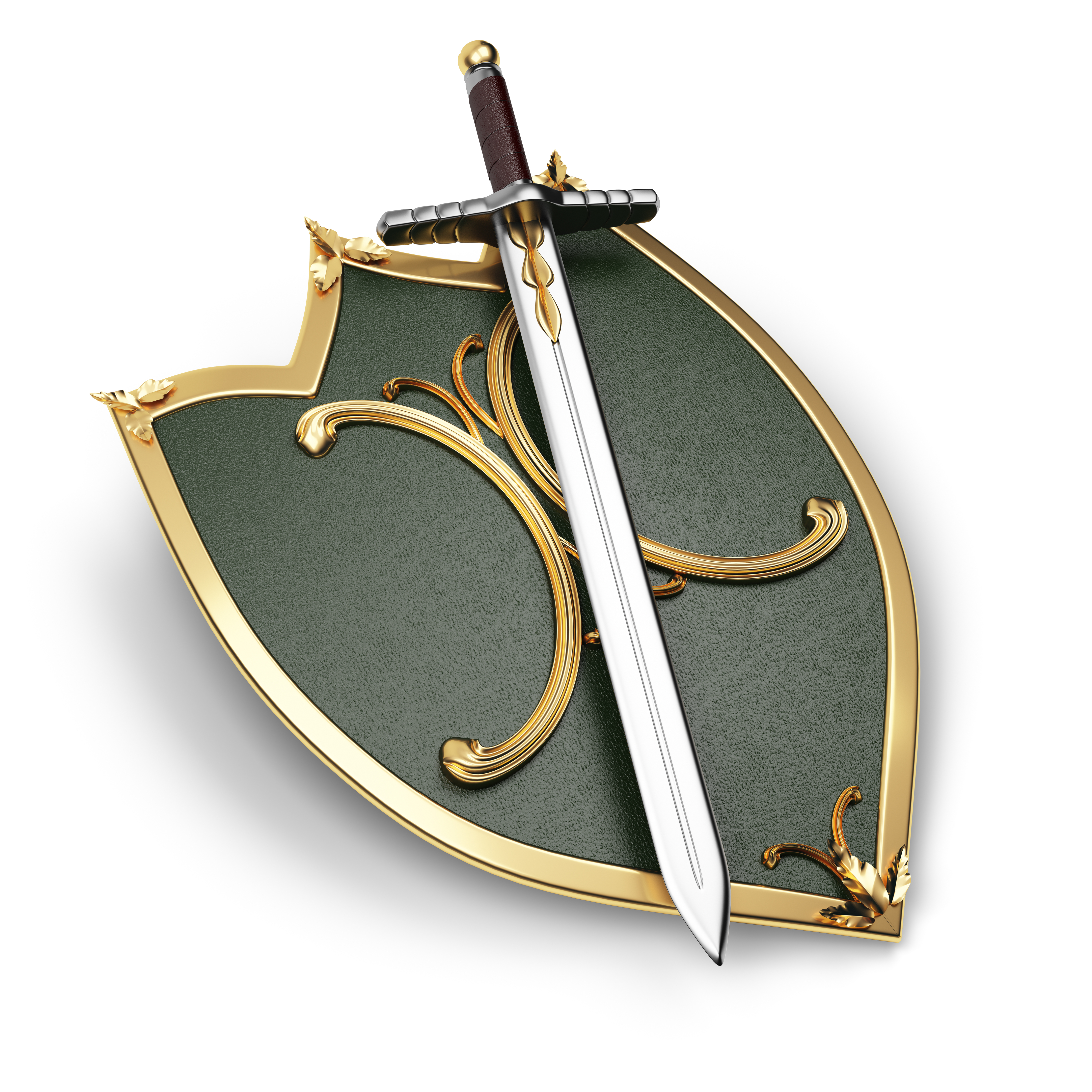Guidance

“I will guide thee with mine eye.” Psalm 32
How could the Lord guide believers with His eye? There could be a sense in which, even with His eye alone, our God guides His saints. Sometimes an energetic, and perhaps often self-willed child, when out visiting with his parents, may be on the point of doing something naughty. Just at that critical time his father may look at him and he will be restrained from doing wrong and getting into trouble. His father’s eye is on him and he is reluctant to fall into disfavour with him, so he refrains from doing what he had intended to do. I have known this in my own life when I was a lad.
A servant may act accordingly. A man may look to his master for guidance, control and support. A mere glance from his master may sometimes be enough to indicate, that is all right, or, that is not what I want. So the believer may look to God for directions. (Psalm 123:2)
In Psalm 34 we read. “They looked to him and were enlightened.” The word “enlightened” may be read as “radiant;” “They looked to him and were made radiant.” On our own, we walk in obscurity, but HE IS LIGHT. Walking in the light of His presence we do not walk in darkness but in the light of life, and His eye sees us where we are; He knows exactly where we are at any moment.
The apostle Peter knew the power of the Lord’s glance after his unhappy denial of his Lord, whom he loved dearly. The Lord Jesus simply looked on miserable Peter, cringing in his shame, and when poor Peter saw His Master look at him, he went out and broke down in bitter tears. The Lord Jesus did not need to say a single word; that one look said more than volumes to Peter.
One translation of this verse reads, “I will guide thee; mine eye shall be upon thee;” or “I will guide thee with mine eye upon thee.” We are probably not sufficiently aware that the Lord’s eye is upon us at every moment of our lives. Hagar called the well which the Lord had shewn her, “Thou God Seest me.” These works are often interpreted in a way that makes God out to be rather like “Big brother,” sitting there spying on us and ready to catch us napping in our many errors, and with a great stick in His hand ready to beat us. But this is a dangerous caricature of God and takes the words out of context. The Lord was not punishing Hagar, He was SAVING her and her unborn son. His eye was on her as she fled from Abram’s encampment into the barren desert. His eye was on her CARINGLY and He guided her to a life-saving well of water, which saved both her and her son.
God knows where I am. The surroundings may be such as to blind my eyes to things which may be helpful for me to know; I cannot see them but HE CAN, and He can lead me to living springs. “He leadeth me by the still waters.” My own eyes may not see dangers and pitfalls, but He knows them all and He know WHERE I am in relation to them. He can warn me of the dangers so that I can avoid them, even through the valley of the shadow of death!
He says, “I will guide THEE.” He and I: the great All-powerful and All-seeing Lord, and I, a mere speck of humanity on the surface of the seething cauldron of life, still with dangers; HE sees ME where I am and guides me with His eye on every danger and on every step of my path. If I heed His voice as He advises me, I will find the sources of refreshment and of sustainment which are available for me. If I heed His voice, I will be able to avoid the places of danger which abound on earth. His eye seeks to draw my eye to Him. He says, “LOOK UNTO ME . . . and be saved, for I AM GOD.”
This text can be understood in yet another sense. When I was a lad we often crossed the Tyne to North Shields, on the ferry. The windows of the engine room were always open for air and it was good fun to look down at the works and see the great connecting rods being pushed back and forth as the engine turned the screws. The engineer down in that hot, steamy atmosphere had no idea exactly where he was, in relation to the river banks, or in relation to other shipping moving up or down the waterway, but the captain on the bridge knew and was able to see very clearly where the vessel was going. He was, also, in constant touch with the engineer, by means of signals, which of the two screws he wanted to turn, and in which direction, and at what speed. The engineer did not need to see; his situation precluded any such view. But the CAPTAIN COULD SEE, and he guided the engineer with HIS eye. This is how our God is able to guide us with His all-seeing eye, and in His infallible wisdom.




